Healthy Dog Treats & Chews
Showing all 14 results
Best Natural & Healthy Treats For Dogs
Are Beef Treats Safe For Dogs?
Beef alone makes an excellent treat for dogs as it’s definitely a fantastic choice. Beef treats offer a quick protein-rich source of nutrients dogs can digest, and they love the flavor. Additionally, beef provides important vitamins and minerals for canines.
Mind you, treats for a dog are like a snack for humans and can be healthy but often are not made for health. It is better to feed dogs lean meats like lean ground beef. Fatty cuts of beef can upset the stomach or, worse, pancreatitis. Also, avoid beef bones as they can get lodged in your dog’s throat or intestinal tract and chip teeth.
Are Chicken Treats Safe For Dogs?
Cooked chicken is a nutritious food that most dogs can consume. Chicken is a prominent ingredient in dog treats because it is a good source of protein, which your dog requires to keep healthy. Many dog treats include poultry, as it’s safe and easy to digest, and dogs love the flavor.
You can feed your dog just chicken or chicken-based treats or food. It’s important to remember that you should always debone chicken before feeding it to your dog if you are making your own treats. Chicken bones can cause choking and puncture the digestive system. Dogs should not eat raw chicken even as a treat to avoid salmonella.
Are Fish-Based Treats Safe For Dogs?
Fish, particularly salmon, is not only a wonderful source of protein. Many types of fish include omega fatty acids, which are anti-inflammatory, a major component of the mammalian brain, and can aid with skin and coat issues. Remember to remove the skin and fat when giving your dog fresh fish. Dog treats with fish can satisfy their snack needs, adding smart nutrients to their diet.
Are Jerky Treats Bad For Dogs?
For years, dog owners and veterinarians have claimed that chicken jerky dog treats cause kidney problems and even death. The FDA suggests proceeding with caution when giving dogs jerky treats. These treats can cause various issues, including reduced appetite, decreased activity, vomiting, diarrhea (often with blood or mucus), increased water intake, or increased urination. Symptoms can show up within hours to days of giving the jerky treat products.
Anything that has been highly processed is bad for you or your dog, and jerky is no exception. Preservatives, spices, added tastes, or pepper in jerky will nearly always irritate your dog’s stomach. The most serious problem with feeding jerky to your dog is the high salt content. If you do decide to feed your dog jerky, make sure it’s as unprocessed as possible and made for dogs, not humans.
How Often Should You Give A Dog Treats?
Pet treats are not healthy enough for dogs to serve as their main source of nutrients. For this reason, treats should be limited, just like snacking for humans, as it can reduce their appetite for their meals. In addition, treats should not account for more than 10% of a pet’s daily calorie intake, including table scraps or food for medication.
Your veterinarian can tell you how many calories your pet requires daily to calculate 10% of that amount. There’s no limit to how many you can give out as long as you keep rewards to 10% of their daily calories. Furthermore, the amount of treats depends on the dog’s size, as larger dogs have higher caloric needs than smaller dogs.
What Are Good Dog Treat Brands?
Einstein Pets make some fabulous healthy treats for dogs, and you can buy them right on iHeartDogs website! What makes these options special is they taste great (to dogs) with smart ingredients like oats, peanut butter, blueberries, and chia seeds. While they make dogs happy, they also provide some nutrients making them healthy snacks dogs will love.
What Are The Healthiest Dog Treats?
As with all dog treats, foods, and supplements, you want to reduce filler ingredients that can be bad for their health. When possible, choose organic or natural, or grain-free beef treats. In addition, salmon is a good source of omega-3 fatty acids, which are good for your pet’s skin and coat.
Dogs can eat various foods as treats, including many fruits, vegetables, and meats. They can also eat oats, rice, and pasta in small quantities. Additionally, small amounts of nuts, cheese, and eggs can benefit dogs, too, and they love them!
Popcorn and bread are popular options as long as it’s plain popcorn or bread. Dogs also love peanut butter, and it’s a fantastic choice. Try to find treats with meat, fruit, vegetable, or peanut butter instead of grains as the main ingredient.
What Are The Most Unhealthy Dog Treats?
Thanks to advances in dog nutritional science, dog treats can boost a dog’s health. On the other hand, many traditional treats merely provide your dog with artificial flavors and synthetic odors. As a result, while dogs enjoy them, they frequently disguise inferior contents. Also, certain snacks may contain synthetic substances that have been related to cancer development.
Dog’s bodies are not designed to process the same foods as humans, which is why you should avoid treats with chemicals, artificial flavors, colors, fillers, sugar, salt, and most grains. Preservatives should be natural and safe for dogs. Avoid raw, spicy, and fatty meats and feed your pet the skin, which is high in fat.
What Dog Treats Do Vets Recommend?
Veterinarians base their advice on several factors, including age, breed, weight, size, and medical issues. Many claim to be “vet recommended,” but it’s difficult to tell whether or not this is true. There are dozens of dog treat options on the market nowadays, so there’s no shortage of options but not all treats are equal.
Commercial treats often are not a vet’s favorite as they contain preservatives and fillers dogs should avoid. Vets often recommend treats with various meats, fruits, vegetables, peanut butter, and grains, as dogs are omnivores and need more than just meat. Most vets also avoid grain-based treats as these are not the best options for dogs.
It’s up to you to do your homework and determine which threats are truly recommended and paid endorsements from professional veterinarians or dog food companies. However, Your best bet is to speak to your veterinarian as they can consider multiple factors to choose the right options for a specific dog.
What Treats Are Safe For Dogs To Eat?
While most varieties of meat are generally considered acceptable for pets in tiny amounts, keep in mind a few key points: the portions should be small and clear of bones, which can cause choking, and the meat should not contain onion or garlic.
What Treats Should Dogs Avoid?
Dogs need a dedicated set of treats free from harmful ingredients. Some of the most dangerous options include rawhide chews, animal bones, animal parts, chemical-based treats, sugary or artificially sweetened treats, high carbohydrate treats, human food that’s not a single ingredient, and cheap options with filler ingredients. Try to opt for options with the least amount of ingredients and include foods you know like veggies, fruits, or oats.
Some of the worst options are the markets are biscuit-style treats as they focus on grains and filler ingredients that may trigger allergies. As stated above, jerky treats are not great for your canine pals. Many cheap meat-based treats also use filler ingredients and dangerous preservatives like BHA and BHT.
Always look at the nutritional information as poor quality treats can lead to health complications sooner and later. If you see soy, food dyes, unnatural preservatives, onions, garlic, or meat by-products, put the treats back on the store shelf and walk away. Your dog deserves a healthy life, and the treats you choose can help you enjoy your dog for years to come.
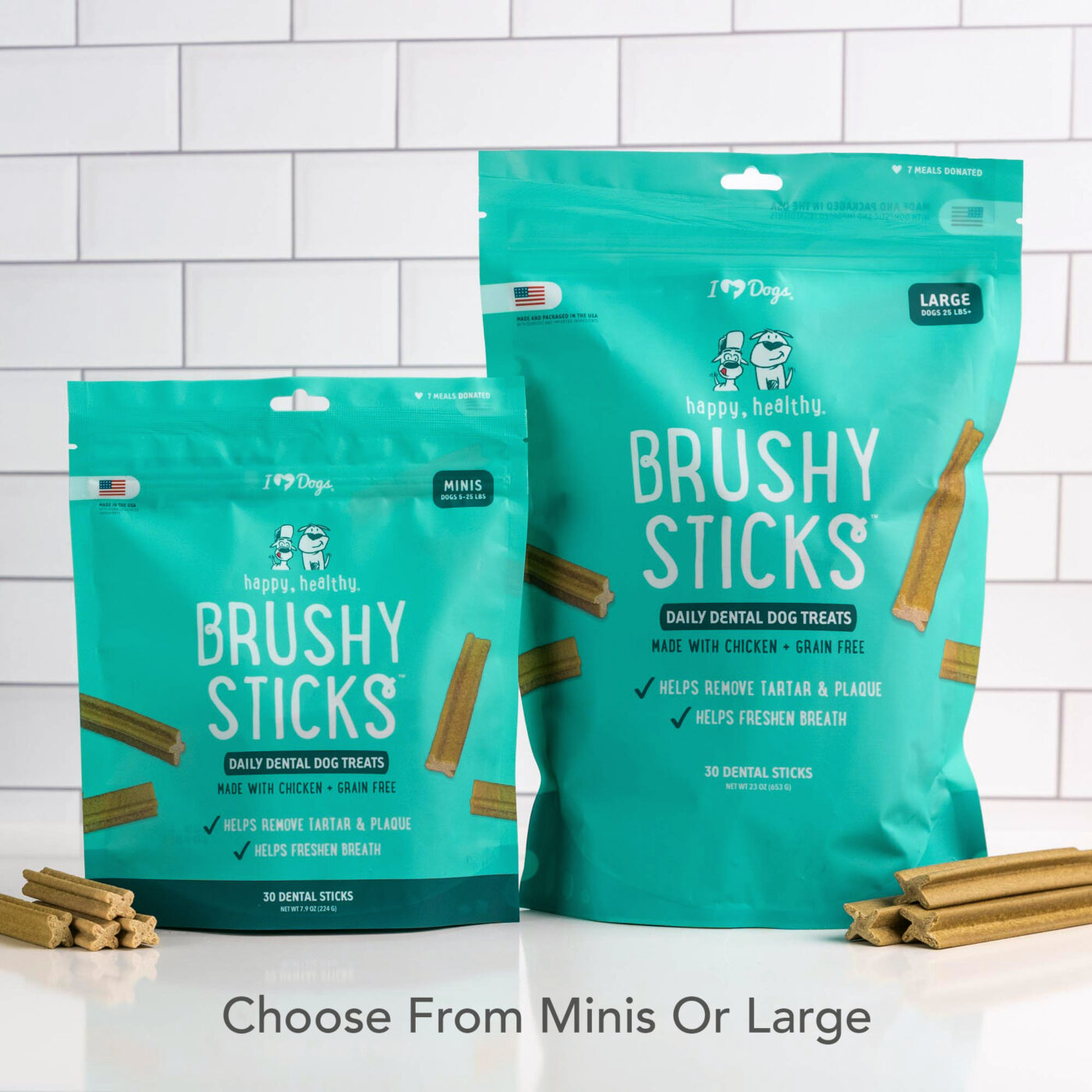




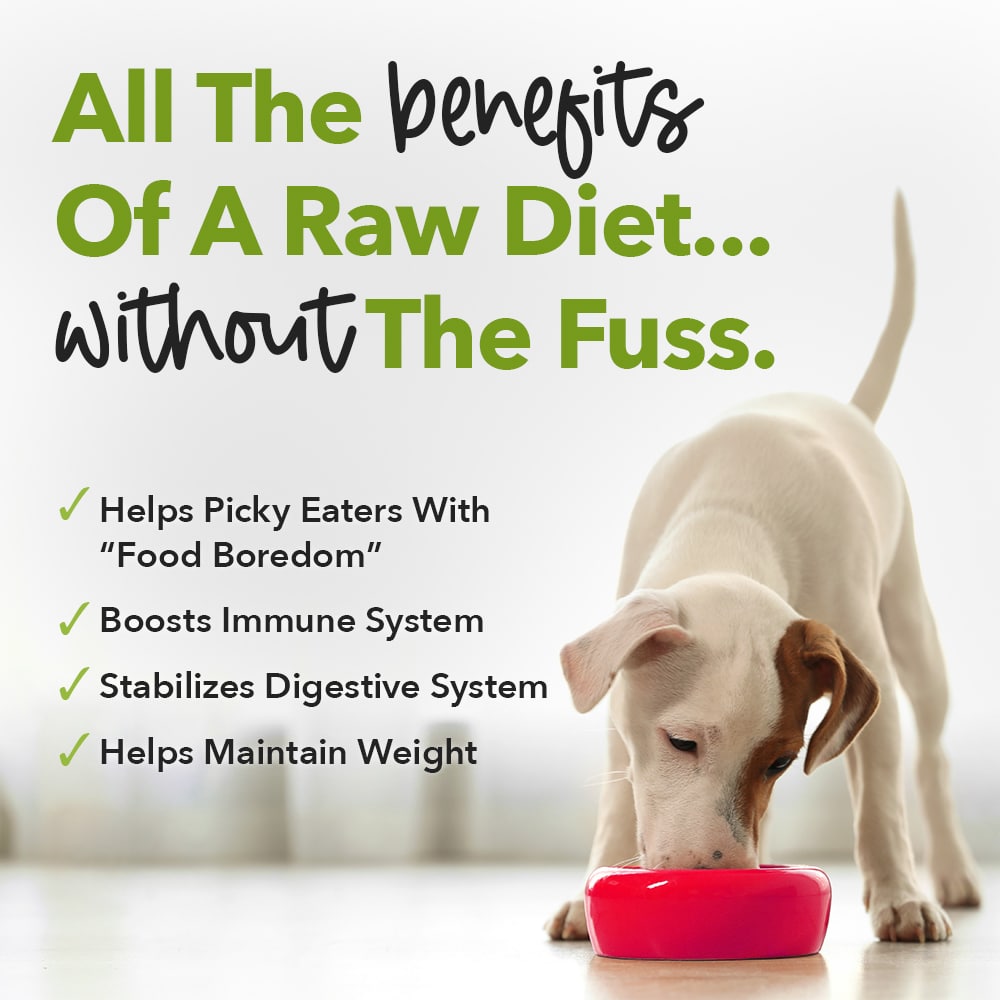
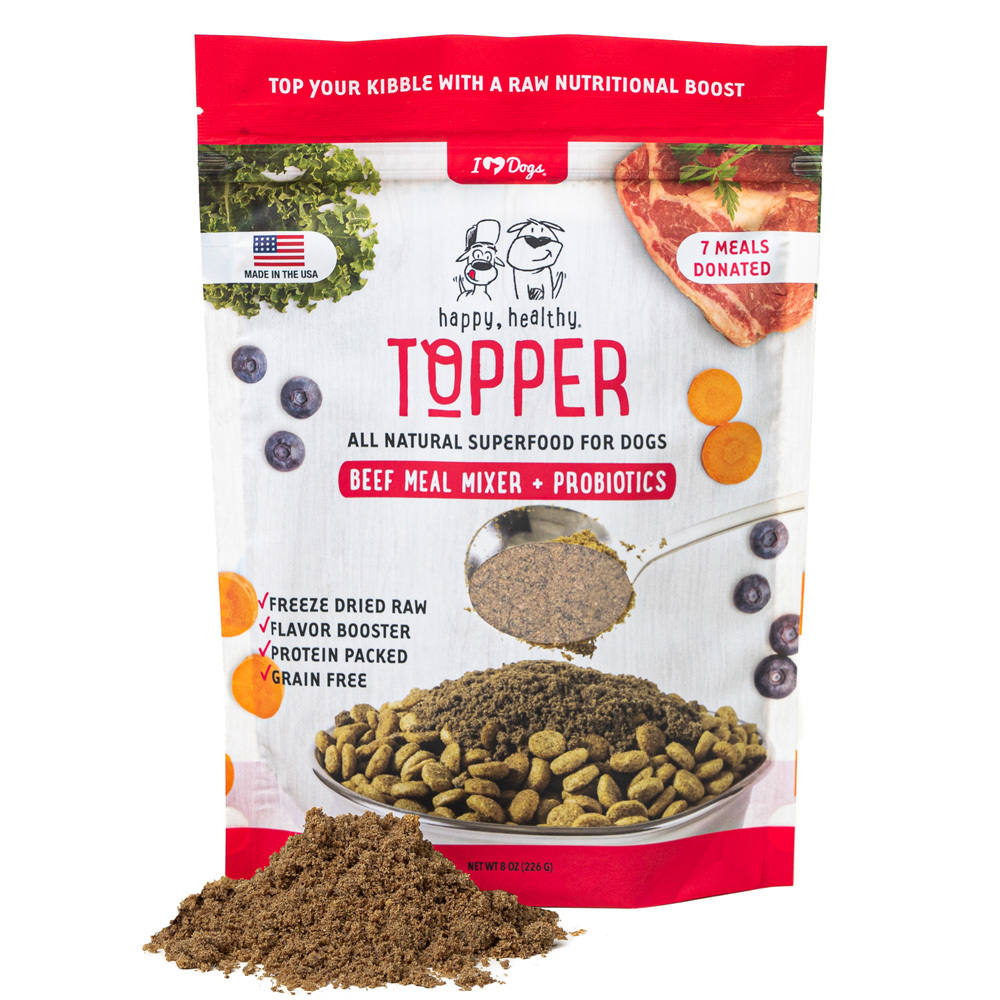
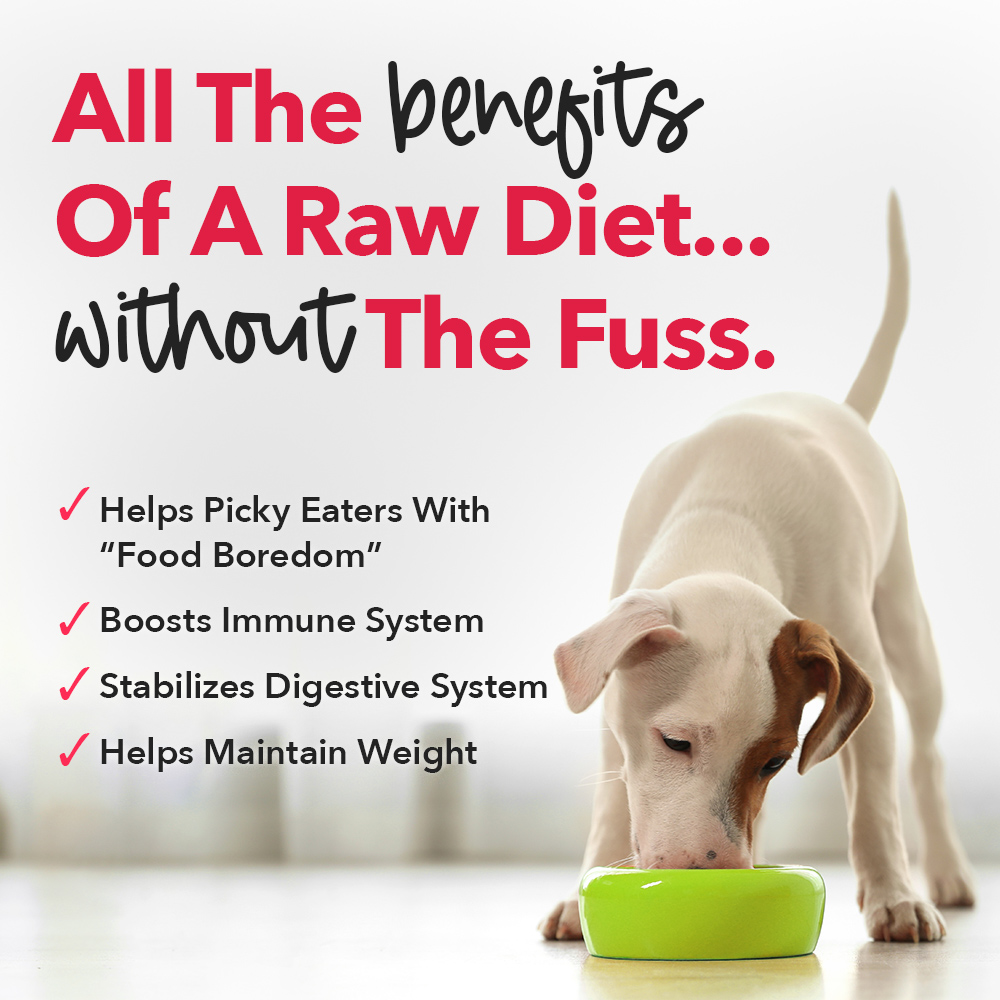





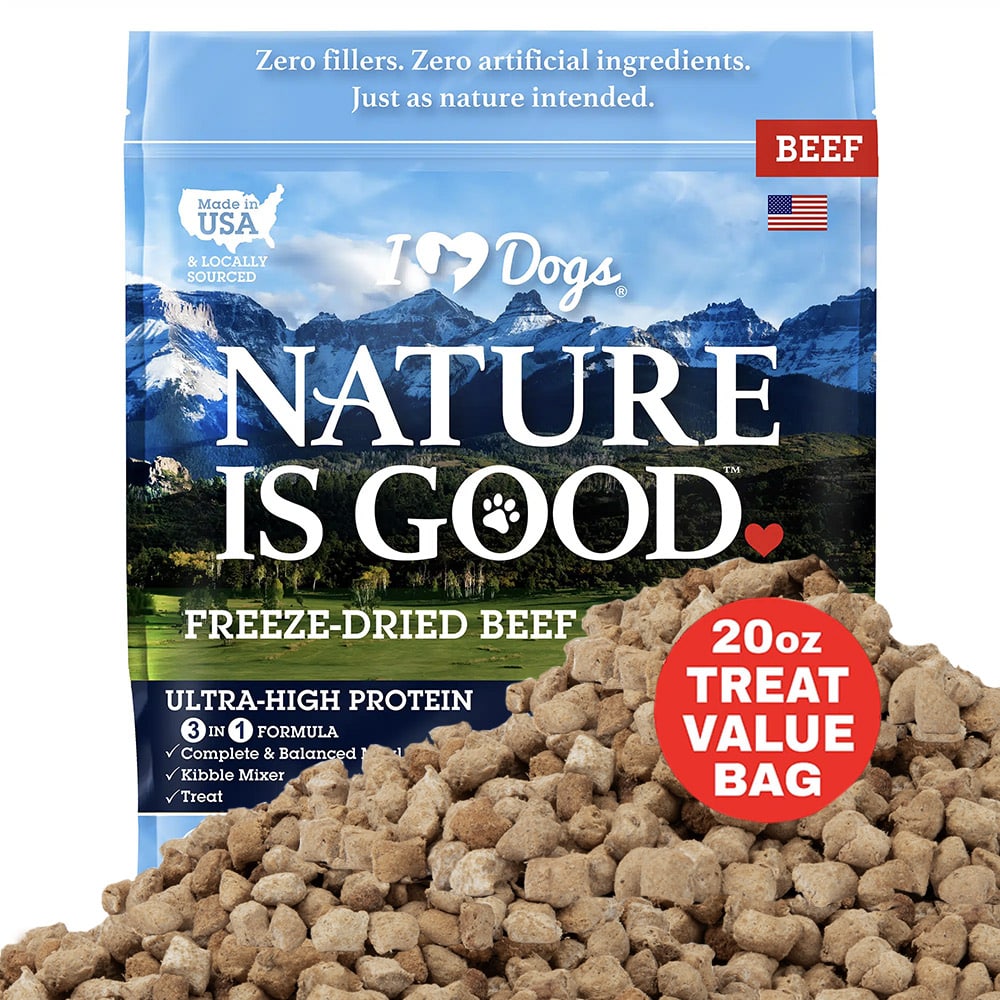
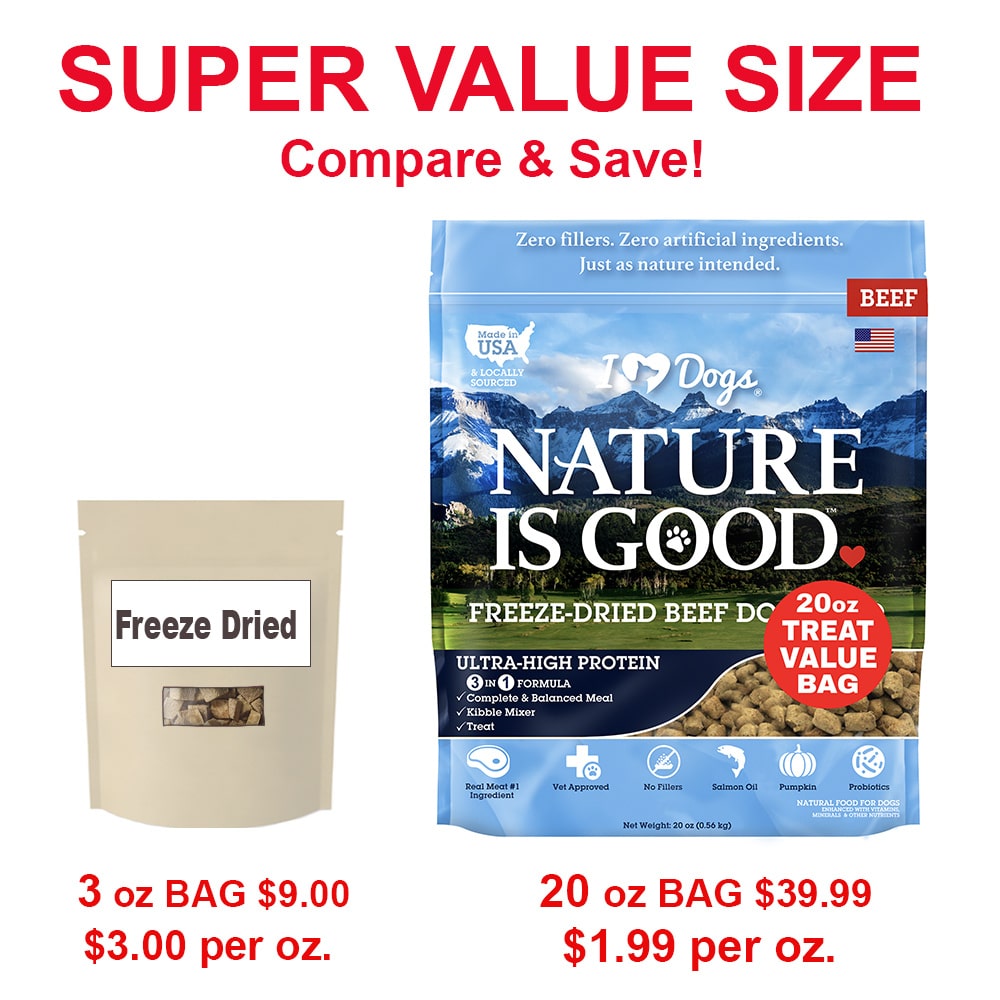
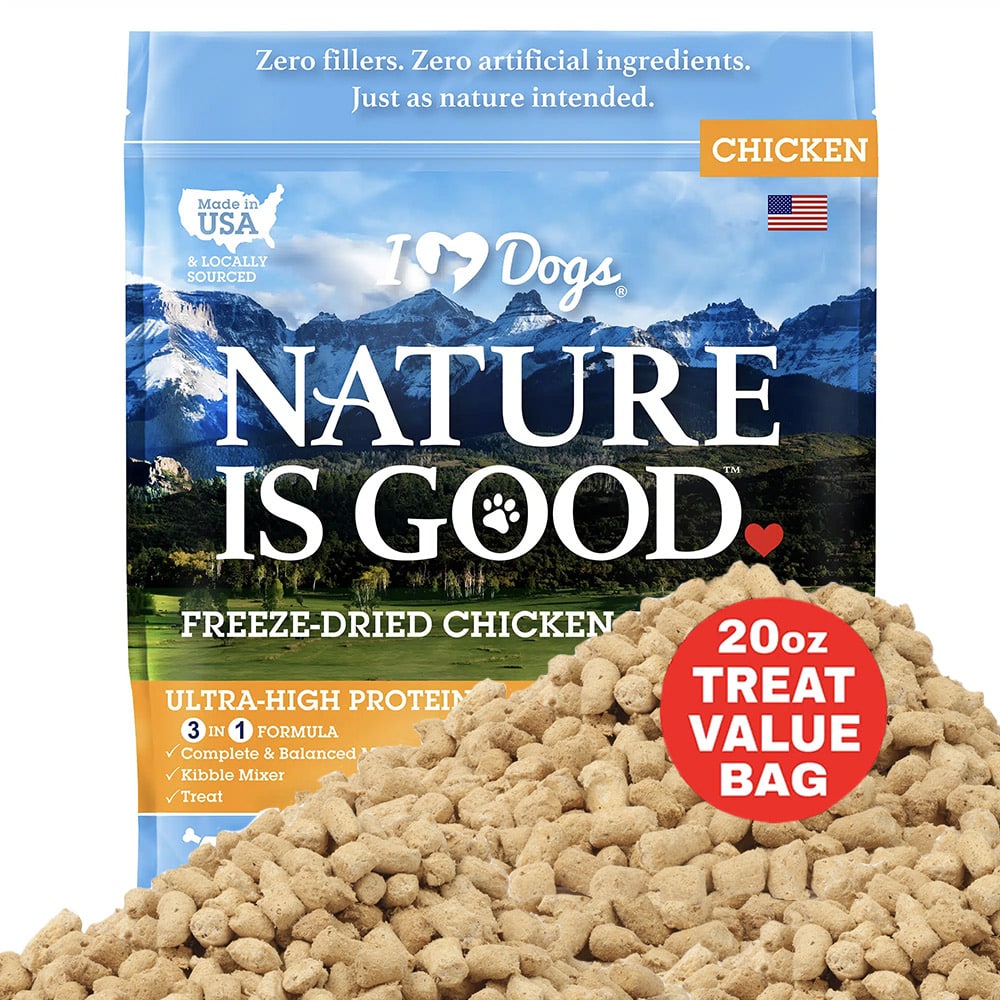
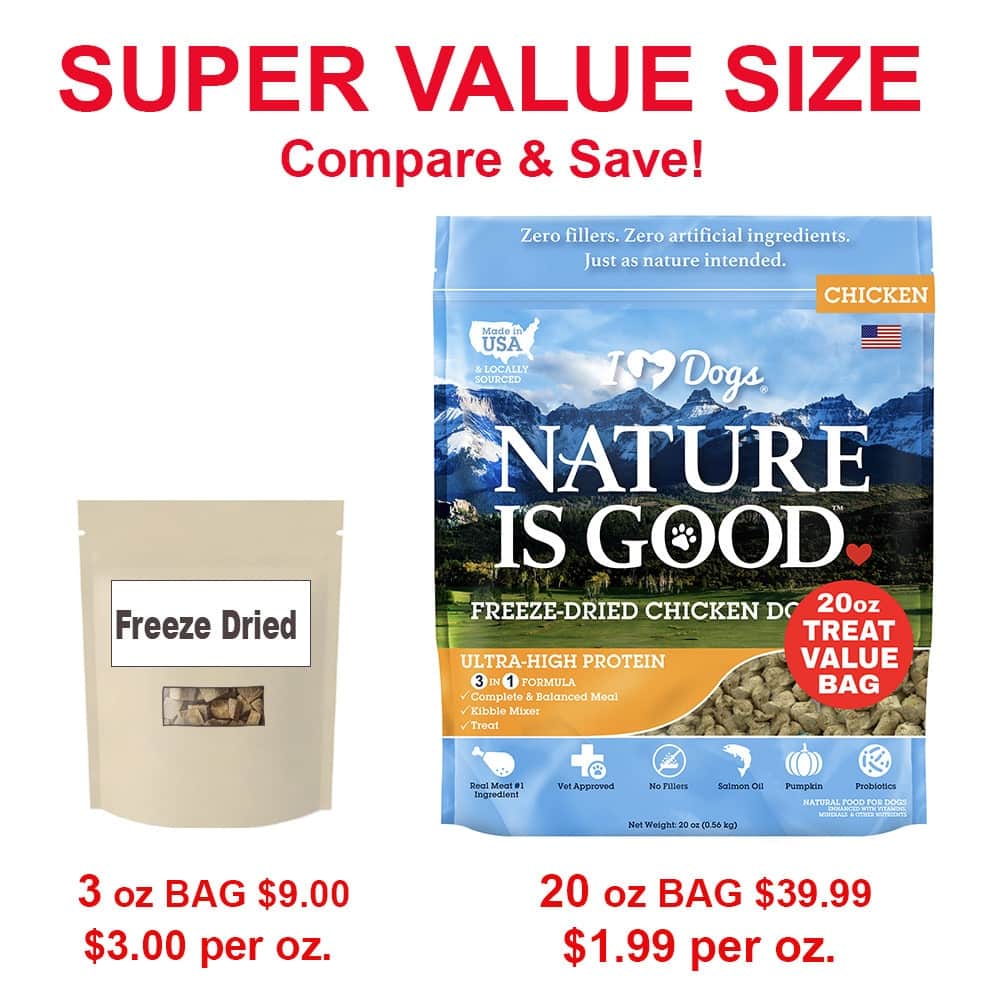

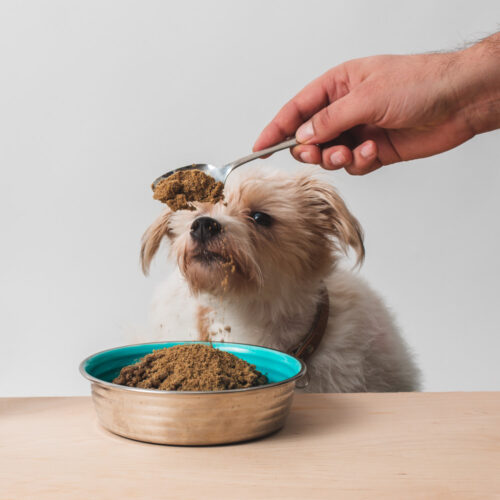

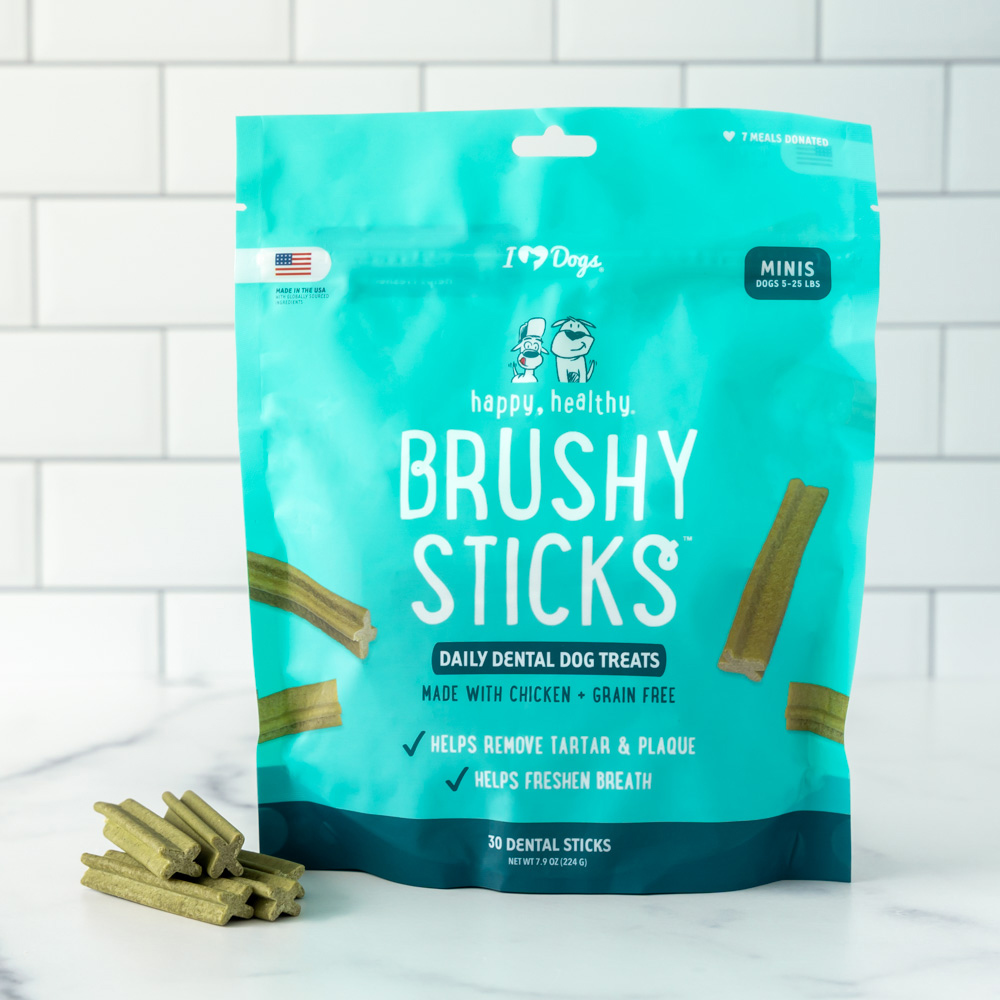

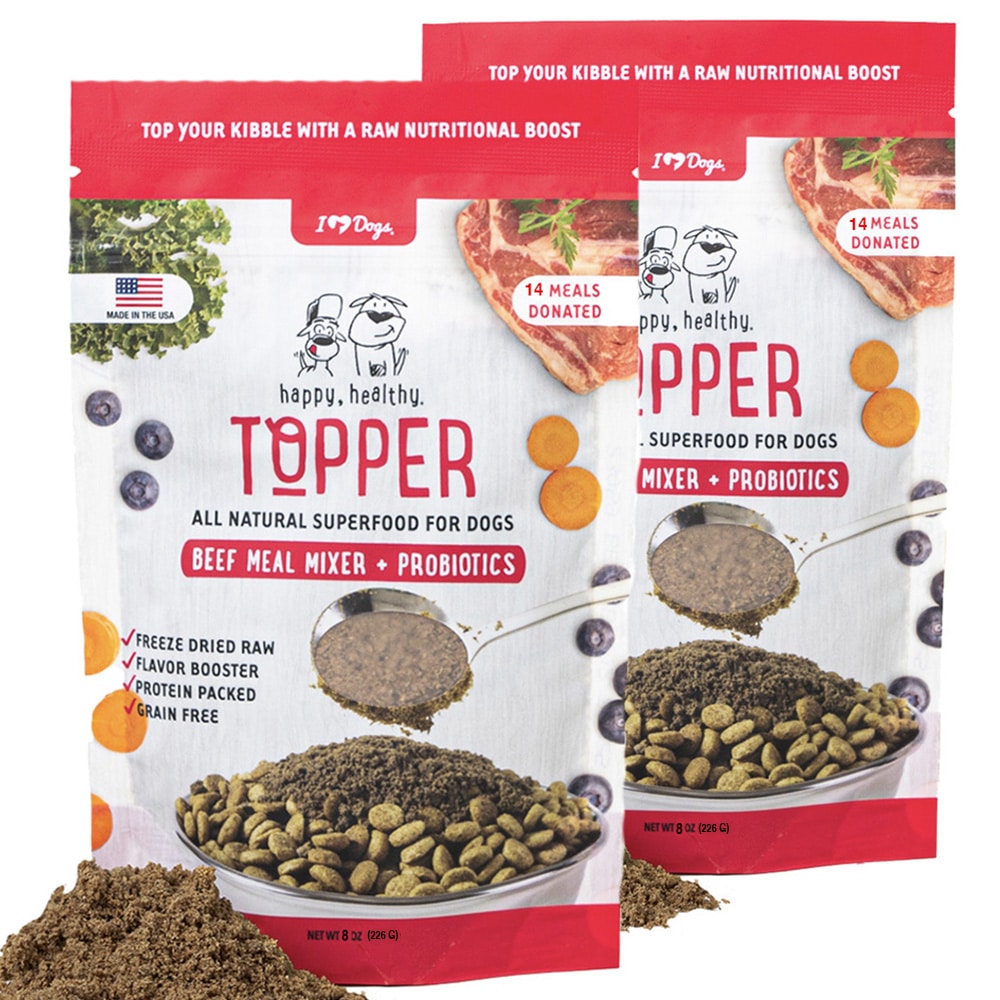



 Toledo, United States.
Toledo, United States.
